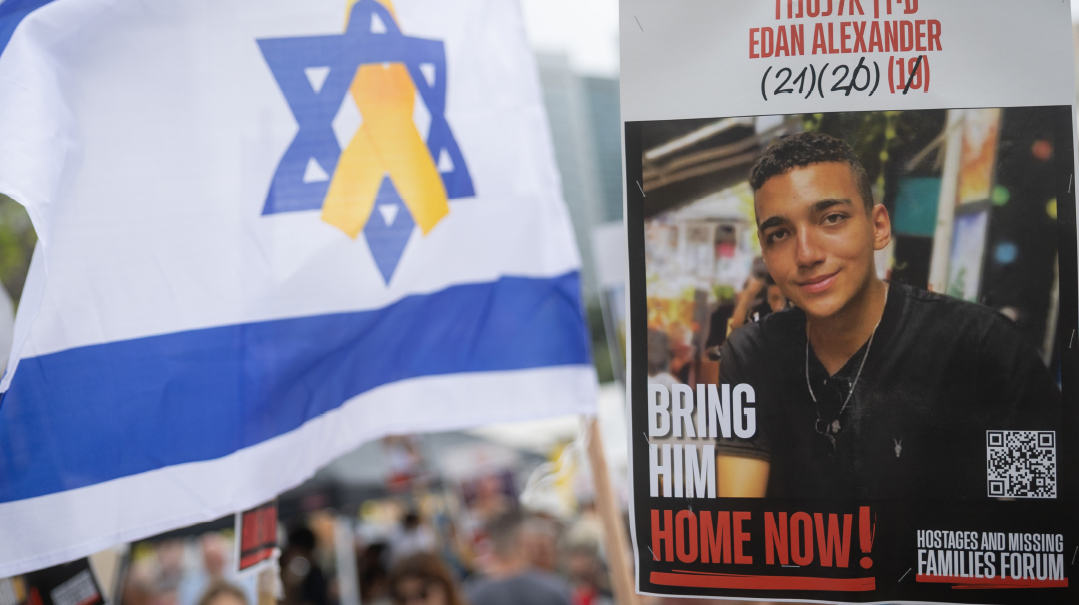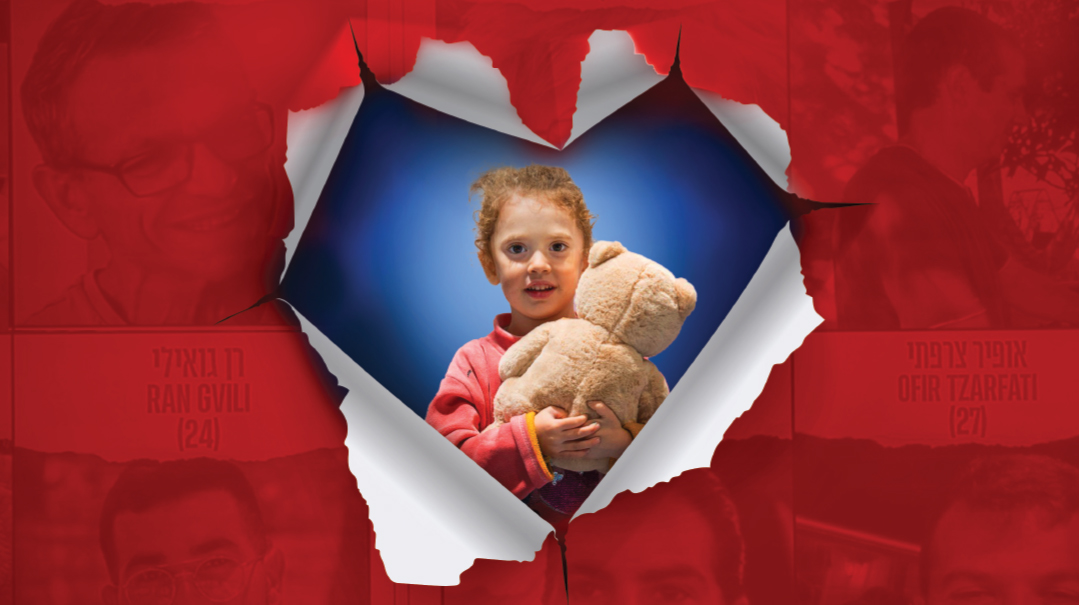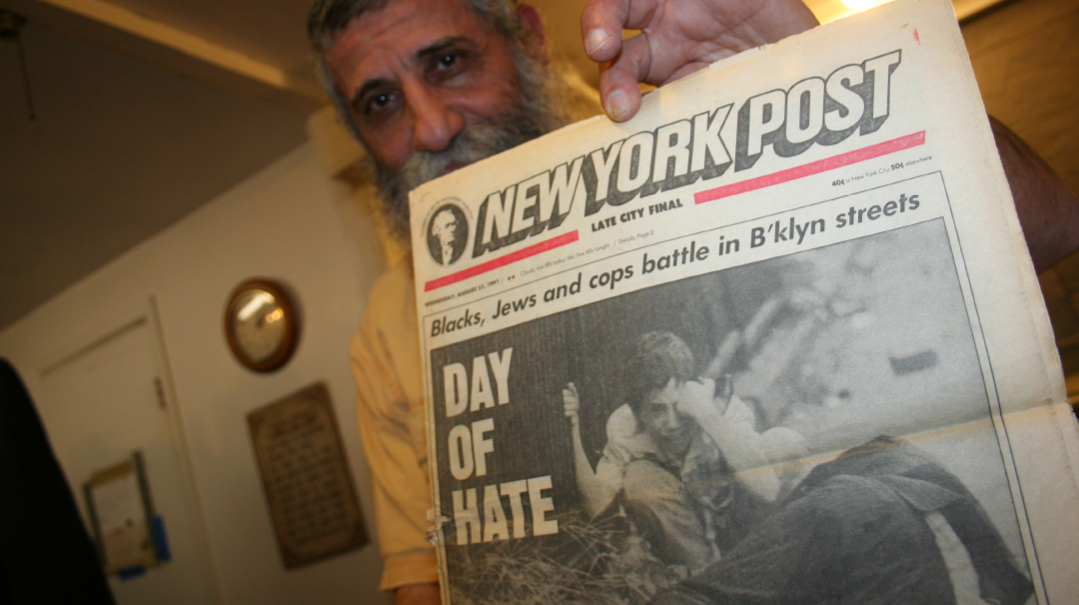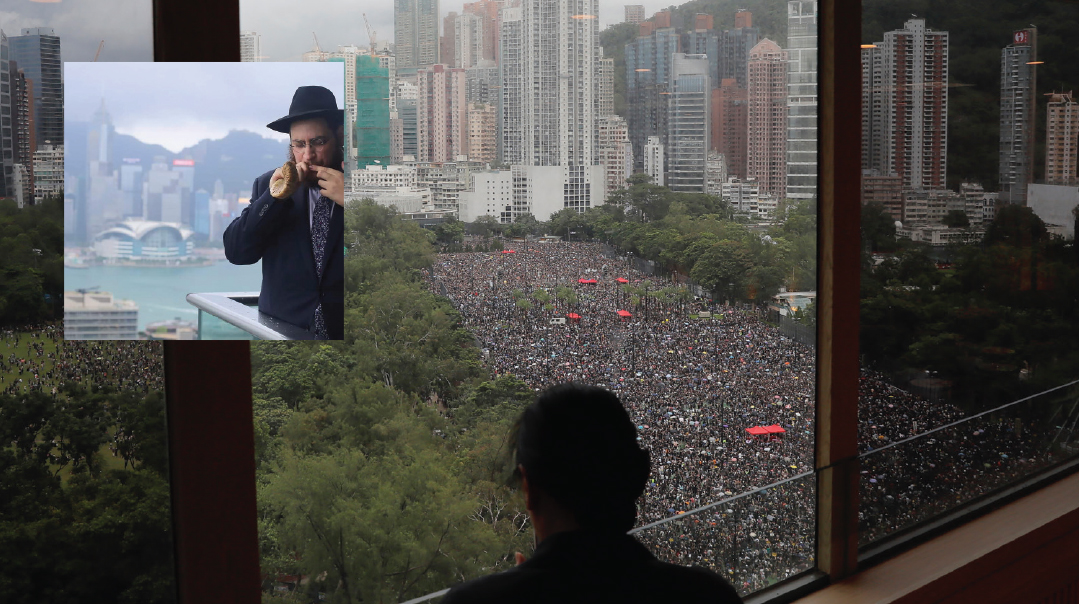Houston’s Jews Face a Long, Painful Recovery


ON THE LEVEL As water levels recede the extent of the devastation is becoming evident and residents of the 100000 homes that sustained damage are closely following discussions about the federal aid they will receive (Photo: Shutterstock)
T wo weeks after Hurricane Harvey wreaked havoc along the Texas coast Houston which was hardest hit is still bogged down literally. As water levels recede the extent of the devastation is becoming evident and residents of the 100 000 homes that sustained damage are closely following discussions about the federal aid they will receive.
President Donald Trump has announced that he will ask Congress for $7.9 billion but that’s small change expected to cover less than ten percent of the costs of compensation and rebuilding. Using diplomatic wording Texas Governor Gregg Abbott has stated in no uncertain terms that he considers this a mere down payment pending a far more comprehensive aid package.
The president also announced that he will donate a million dollars of his own money joining many in the business community. A long list of food stores and manufacturers announced that they will be making their own large-scale contributions while other chains have announced that they will match donations dollar for dollar. Athletes actors and other celebrities have announced their own donations amid the general atmosphere of goodwill. For the past two weeks cable networks have given almost round-the-clock coverage helping to raise emergency funds for families with more pressing needs.
The Jewish community is also struggling to get back on its feet after a few hundred homes of community members were flooded in addition to the Torah Outreach Research Center (Torch) and the United Orthodox shul. According to Rabbi Aryeh Wolbe of Torch all Houston residents are helping one another these days irrespective of religion.
“The efforts are at a level we’ve never seen before ” he said. “Everyone is involved. The non-Jews are helping the Jews the Jews are helping the non-Jews; everyone is working together to rehabilitate the community. Every half hour I get calls from organizations. Some want to donate mattresses some want to give pillows others want to donate meat. And it’s not just talk; there are trucks coming with deliveries. On Friday they sent four trucks of kosher meat. The catering from the Dallas Kollel gave around 4 000 packaged Shabbos meals ” he said.
Rabbi Wolbe said that Torch was hit with three feet of rain. “It’s a very modern facility with a beis medrash as well as an English book library and a lounge with internet and coffee. Rabbanim from Israel have come specially to see it. Regretfully we will need to rebuild from scratch.”
It will take a long time for the city to get back to normal Wolbe said. “Many workplaces are still not asking workers to come back because they have no electricity. It’s going to take time.” One of the clear signs that Houston is as yet far from normal is the curfew which as of this writing was still in effect each night. “People had to evacuate their homes and thieves who saw the empty homes entered and looted whatever they could ” Wolbe said.
Rabbi Barry Gelman of the United Orthodox shul is also scrambling to restore order in his shul.
“The synagogue was destroyed ” he told Mishpacha. “The main shul where we gather every Shabbos and the small beis medrash that we use during the week got over six feet of water so everything is ruined. All our Chumashim and siddurim everything. It’s devastating.”
Gelman said that in United Orthodox alone a few hundred families have lost their homes but he is looking forward. “We have seen a great response from people all over the world people who came here to help the people whose homes were flooded. There is a tremendous amount of work to be done. We need to try to salvage what we can move things to storage or to other houses.”
Gelman discussed the difficulties of the recovery efforts: “Every piece of furniture that was underwater needs to be thrown away because there is a real danger of mold. The same with the books. It’s not just water; the pipes burst and the floodwater is contaminated with sewage. Today we had to empty the shul because all the sifrei kodesh were ruined.”
Gelman said it will take years for families to recoup their financial losses not to mention the emotional ones. “But people are trying to dry out their homes and do whatever they can to move on. We’re dealing with a lot of emotional pain a lot of anxiety. People don’t know how they’re going to pay their bills and we’re doing our best to help everyone. We are a very strong community very united and we are going to overcome this.”
Rabbi Moshe Friedman director of the Houston Kollel related that because the neighborhood where he lives was not damaged his community is focusing their energies to those affected by the floods.
“Baruch Hashem our neighborhood wasn’t affected. So we are helping to coordinate the relief efforts to the neighborhoods that did flood. Together with a few other organizations we are coordinating cleaning efforts volunteers and a food operation that serves 2 000 meals a day. For the next month we are going to serve kosher barbeque meals to all those who need them with food that was donated by several organizations and businesses. A few donors from the New York-based Chasdei Lev donated $100 000 worth of food to support the food operation. It’s really been a show of achdus and coordination between so many different Jewish communities.”
Addressing the community’s determination to return to normal Rabbi Friedman said: “A lot of homes were destroyed. There is a realization that the loss is tremendous but at the same time there is a great feeling of hope. All the help that pouring in the sense of achdus the support is giving strength to the people helping them to move forward and rebuild.” (Excerpted from The Current Issue 676)
Oops! We could not locate your form.













